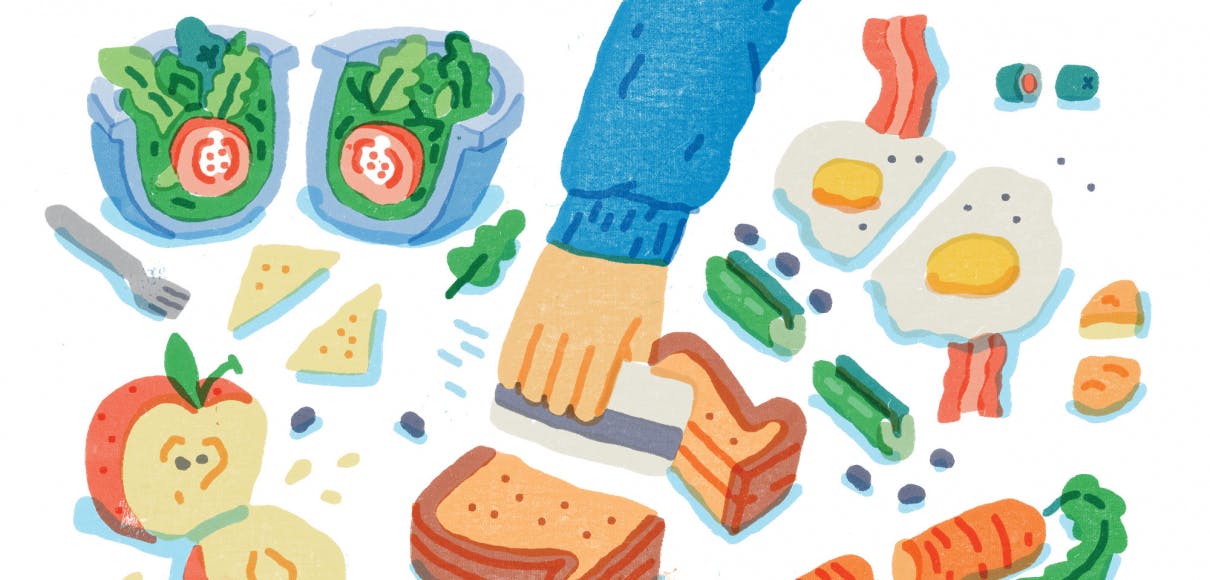Nathan Samayo has had many conversations with students about finding creative ways to stretch their college budgets. Sometimes those solutions involve swapping nutritious meals for instant ramen or even skipping them altogether.
“I know that having access to food is something that some students struggle with, so we approached University Services and started having conversations about different ways we could support our students who are experiencing food insecurity,” said Samayo, a senior sociology major and president of Associated Students of Seattle Pacific.
With extensive help from Kim Karstens, Sodexo general manager of SPU Dining Services, the student body leadership team worked with Chuck Strawn, dean of students, and Sarah Walter, executive assistant in Student Life, along with multiple SPU departments to launch a Swipe Out Hunger pilot program in 2020.
Swipe Out Hunger’s new nationwide program is partnering with food services company Sodexo to pilot a meal swipe bank at SPU and across 12 other universities.
Marissa Schnitman, vice president of programs at Swipe Out Hunger, explained that Sodexo will donate meals based on the number of meal plans sold each quarter with the credits added directly to a student’s ID card. (Sodexo estimates it will donate 2,000 meals to students each year.)
Many people are not aware of how widespread food insecurity is on college and university campuses. Students may hide the problem, afraid their peers will find out about it, Schnitman said. A survey by Temple University’s Hope Center for College, Community, and Justice polled nearly 86,000 students from two- and four-year institutions. The fall 2018 survey revealed that 45% of respondents experienced food insecurity during the prior 30 days.
“In order to sustain an individual and set them up for success as a student, we need to make sure their basic needs are covered.”
Nathan Samayo
That same year, Swipe Out Hunger surveyed 800 students who received donated SOH meal passes in partnering public and private universities. Sixty-two percent said the meals helped them stay in school; 54% said the meals helped them improve their grades; and 79% said the meals helped them feel like their campuses were more inclusive and supportive.
“You can’t go to school and focus if you have a hungry stomach,” Samayo said. “When you’re hungry, there are also academic, spiritual, social, and psychological aspects that aren’t being nourished. In order to sustain an individual and set them up for success as a student, we need to make sure their basic needs are covered.”
After a campuswide announcement and publicity around the program last fall, students quickly contacted Karstens about how to tap into it.
“This pilot is going to help us identify if there’s a great need or maybe just a minimal need,” Karstens said. “But the fact that students have reached out to me is telling me that there is a need.”
To participate, students can fill out a form on SPU’s website. Students, faculty, and staff can also submit names of students who may need support getting access to food. To ensure anonymity, staff — not fellow students — will review and approve applications. The University also will work with students who need more holistic solutions beyond just meals.
Samayo said there’s a deeper theological mission behind his personal push for the program.
“We are obligated as a community of Christ followers to discover the needs of our diverse student population, remove those institutional barriers, and steward our God-given resources to uphold and uplift everybody.”




